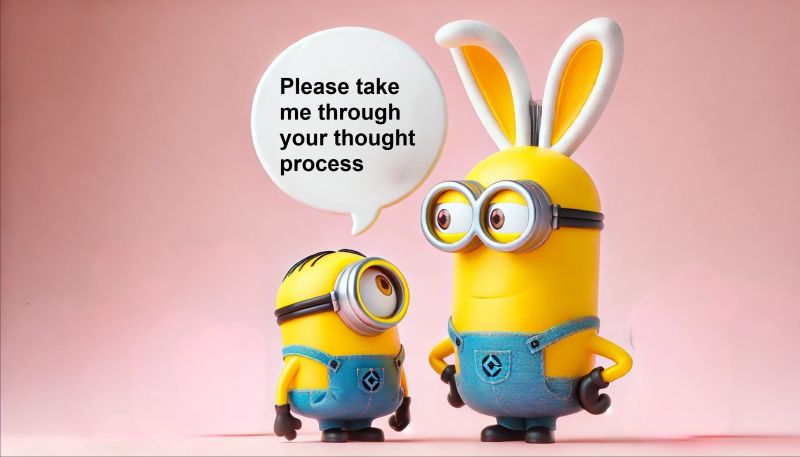Let me admit something: I wasn’t always the best at feedback. My temper had me sprinting into advice-giving before I even put on my listening shoes. It’s like trying to run a marathon in flip-flops. It is awkward, painful, and destined to trip you up.
It took a few blunders, (okay, more than a few blunders), but I eventually learned to press pause on my assumptions and swap those flip-flops for some comfortable “runner shoes.” Now, before diving into advice, I start with a magic sentence aimed at understanding, so I can avoid jumping to conclusions. And guess what? It works!
𝗠𝗮𝗴𝗶𝗰 𝗣𝗵𝗿𝗮𝘀𝗲𝘀:
🪄 “Before we start, I’d love to hear how you think things are going.”
🪄 “Can you walk me through your approach?”
🪄 “What’s been most challenging for you lately?”
These aren’t just nice words; they’re the marathon shoes for your feedback journey. They set the right pace, ease discomfort, and turn a lecture into a dialogue. The results? More openness, honest conversation, stronger rapport, increased trust, and ultimately, better outcomes.
But my personal favorite 🪄 magic potion is “𝗧𝗮𝗸𝗲 𝗺𝗲 𝘁𝗵𝗿𝗼𝘂𝗴𝗵 𝘆𝗼𝘂𝗿 𝘁𝗵𝗼𝘂𝗴𝗵𝘁 𝗽𝗿𝗼𝗰𝗲𝘀𝘀” because it is like asking someone to show you the secret sauce behind the meal rather than just judging the taste.
It’s effective because it taps into self-awareness, making them reflect on their own thinking before you even say a word. You’re giving them the space to uncover their assumptions, biases, and ideas, all while they still feel in control.
Here’s why this approach works:
🛡️ Psychological Safety: Research by Amy Edmondson shows that teams with high psychological safety perform better and innovate more. Starting with understanding creates that safe space.
🛑 Less Defensiveness: Studies show when people feel heard, they’re more open to receiving even the tough stuff.
📣 More Receptive: Research (Steelman and Rutkowski) tells us that people in supportive environments are more likely to seek and accept feedback. Starting with understanding sets this supportive tone.
➕ Building Ownership: By asking follow-up questions like, “What could have worked even better?” you empower them to reflect on their own solutions, making the feedback a collaborative process rather than a one-sided critique.
🏆Challenge for You: 🏆
What’s your “Magic Phrase”? Please share it in the comments!
If you haven’t used one before, try it in your next feedback session. Start with understanding, drop in a magic phrase, and watch the transformation. I’d love to hear how it goes!








